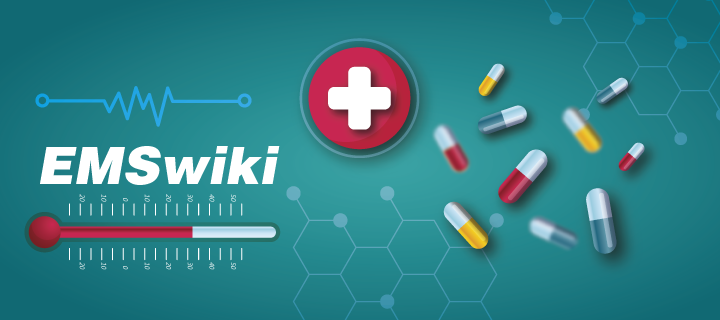
HIV: let's better understand what it is
From Its Discovery to Modern Treatment Strategies
HIV (Human Immunodeficiency Virus) is a virus that affects the body’s immune system, particularly CD4 T cells, which play a crucial role in fighting infections. If left untreated, HIV can progress and become AIDS (Acquired Immunodeficiency Syndrome), the most advanced stage of HIV infection, characterized by severely damaged immune system.
Origins and Transmission
Human Immunodeficiency Virus began to spread globally in the 1970s. It is primarily transmitted through contact with infected bodily fluids such as blood, semen, and vaginal secretions, typically during unprotected sexual intercourse or shared use of needles and syringes for injectable drug use. Despite prevention efforts and awareness campaigns, HIV remains a global health challenge.
Symptoms and Progression
In the early stages, Human Immunodeficiency Virus infection may not show obvious symptoms or may present flu-like symptoms. If left untreated, HIV gradually destroys the immune system, leading to increased vulnerability to infections and diseases that would not normally be a concern for a healthy immune system. These infections are known as “opportunistic infections” and can include conditions such as pneumonia, tuberculosis, and some forms of cancer.
Treatment and Management
While there is no definitive cure for Human Immunodeficiency Virus, antiretroviral treatments (ART) have revolutionized HIV management. These medications reduce the viral load in the body to very low levels, allowing people with HIV to live long and healthy lives and significantly reducing the risk of transmitting the virus to others. Pre-exposure prophylaxis (PrEP) and post-exposure prophylaxis (PEP) are also effective strategies for preventing HIV.
Prevention and Awareness
Strategies for preventing Human Immunodeficiency Virus include the use of condoms during sexual intercourse, avoiding the shared use of needles, and raising awareness about modes of virus transmission. Additionally, early diagnosis through HIV testing is crucial for effective management and preventing its spread.
Sources



